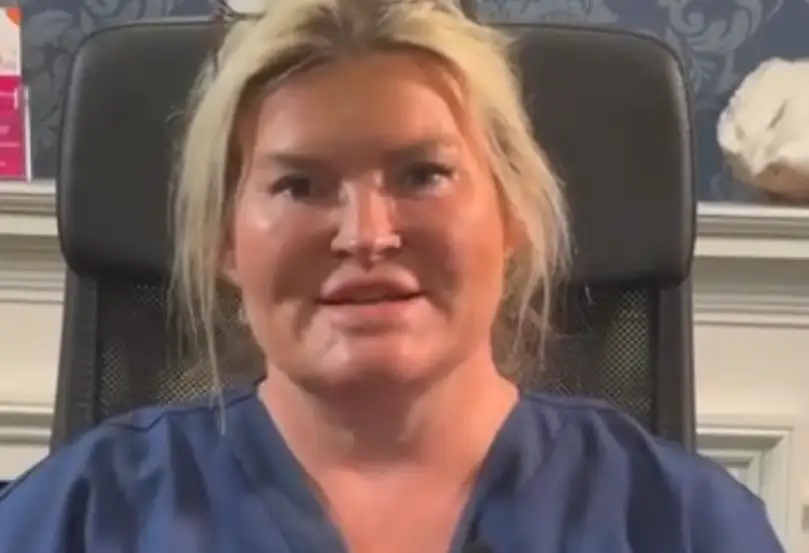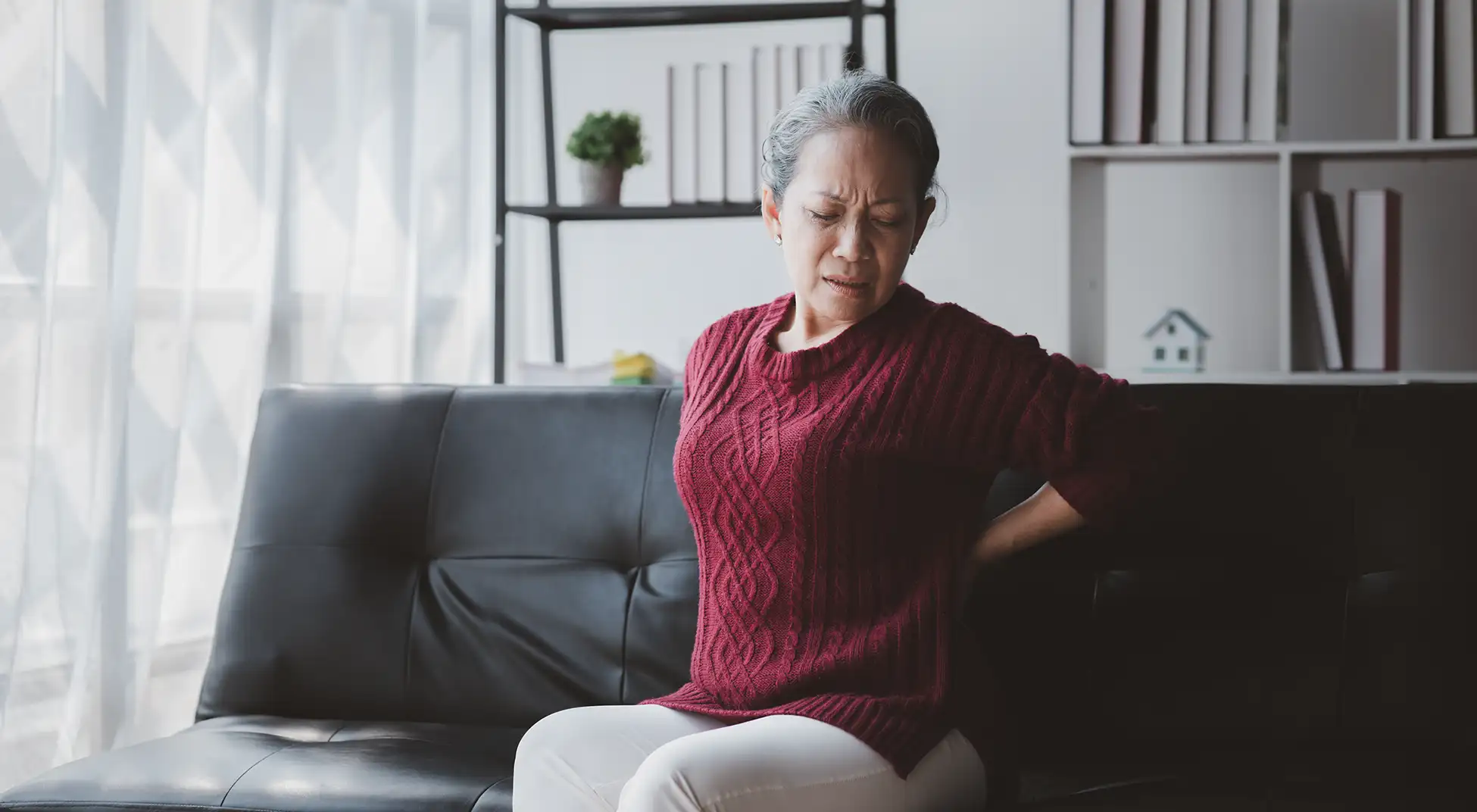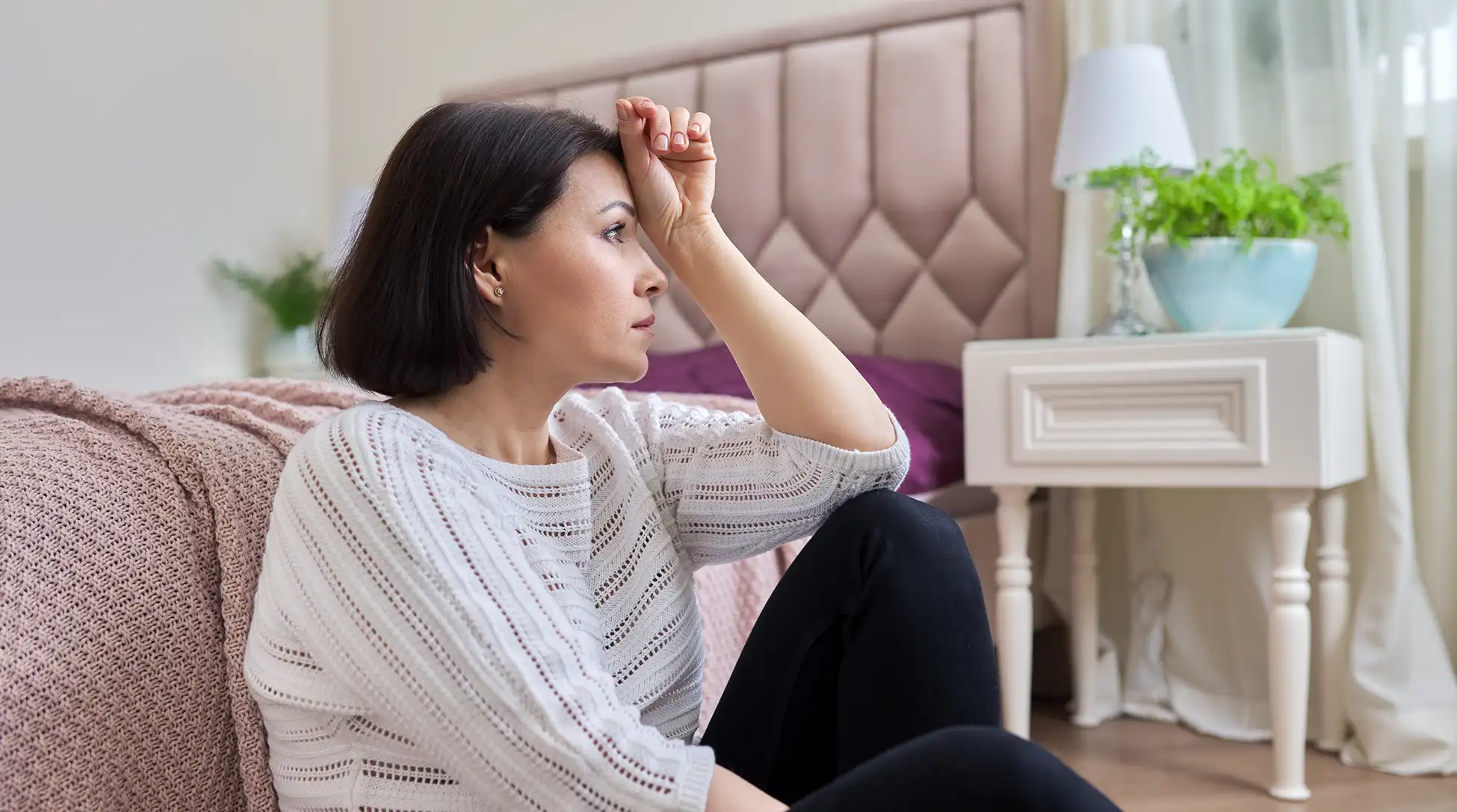Menopause Depression Symptoms
Women in their 40s and 50s have many responsibilities: managing demanding jobs, raising young children or sending them off to college, and caring for ageing parents. These and other stressors can contribute to menopause depression symptoms.
Fortunately, effective treatment approaches are available. You can use self-calming techniques and herbal remedies, such as St. John’s wort, to improve your mood.
Symptoms
The physical symptoms associated with perimenopause, the years leading up to menopause, and menopause itself can cause emotional strain. These include hot flashes, tiredness, insomnia, and memory loss. Mood changes can include irritability, sadness, fatigue, lack of interest in activities, and aggression. If a person has a history of mental health problems, these symptoms can be confused with depression. Depression is a severe mood disorder characterized by prolonged periods of low mood.
Symptoms can be exacerbated by a number of factors, including stress, sexual tension, and changing life roles such as supporting ageing parents or taking on more responsibility at work. They can also be caused by lifestyle choices like smoking and poor diet. If a person is experiencing severe symptoms, they should talk to a doctor or therapist as soon as possible. Depression is not a normal part of aging and effective treatment is available. Taking action early can help prevent complications and reduce the risk of suicide.

Causes
Around midlife, many women experience mood symptoms that can feel like PMS (premenstrual syndrome). You may be irritable or tearful, have low energy, and find it hard to concentrate. But unlike PMS, these symptoms may come and go without a pattern. These mood changes are called perimenopausal mood instability.
Mood changes are partly caused by fluctuating hormone levels. This can affect the brain chemicals that control your mood, such as serotonin and norepinephrine.
Other factors can also contribute to depression during menopause. These include stress, a lack of physical activity, a change to your diet, and sleep problems. It’s important to talk to your health care provider about these issues.
Research shows that certain factors can increase your risk of depression during menopause, such as being a woman and having a history of mental illness. Other risks include having a chronic medical condition, being unemployed or underemployed, and having aging parents. These factors can make it harder to get help for depression.
Treatment
The hormonal changes that occur during perimenopause and menopause can cause mood changes, especially depression. Some women who have a history of depression or anxiety might see a resurgence in those symptoms as well.
Declining estrogen can lead to menopausal symptoms that feel like PMS, such as feeling irritable or tearful and having a hard time concentrating. These symptoms might not be as severe as those of PMS, but they can happen for years with no pattern and can make it difficult to live normally.
Some women might find that a combination of hormone replacement therapy and psychiatric counseling is effective in treating their depression. SSRIs (serotonin reuptake inhibitors) can help boost the brain’s levels of serotonin, which helps to improve mood. Getting enough sleep and practicing good stress management techniques are important for helping to manage depression. A number of natural supplements may also help with depression, including standardized hop cone extract, black cohosh, and St. John’s wort.
Prevention
If a woman’s perimenopausal depression interferes with her daily life, it is important to talk to a doctor. Mood fluctuations are not an expected part of menopause or aging, and effective treatment options exist.
Women with a history of depression have a greater risk for depression during perimenopause. They may also experience more severe symptoms. It is important for women to seek help if their mood problems are impacting their ability to perform at work or school, or causing them to withdraw from friends and family.
Regular exercise, a balanced diet, and sleep can help reduce the symptoms of depression. It is also important to talk to a mental health professional and avoid alcohol and caffeine. If a woman is considering self-harm or suicide, she should call a crisis hotline immediately. A suicide prevention line is available 24 hours a day on 0800 689 5652.
If you’ve tried other avenues already but aren’t noticing enough of a difference, then MenoBliss could help. With 38 natural active ingredients to help improve hormonal balance, MenoBliss helps reduce aches and pains, hot flashes, mood swings, depression, insomnia, brain fog, hair loss, and lack of desire. Order your MenoBliss today!



